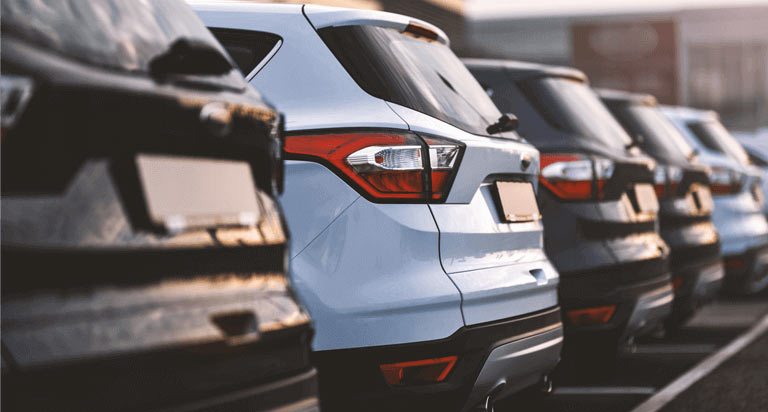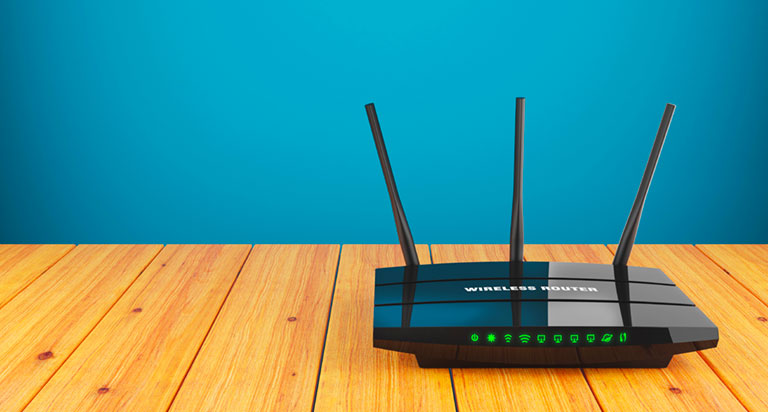Comparing Auto Loans: New Car Loans vs Used Car Loans


Highlights:
- It may be easier to secure a loan for a new car than it is for a used car, and new car loans often come with lower interest rates.
- Used cars can be a good fit if you're on a budget and they generally cost less to insure; however, interest rates for used car loans are often higher than for new car loans.
- A pre-qualification may make it easier to compare different loans and to negotiate rates and other features when you're finally ready to buy.
Buying a car is a big commitment, one that can impact your financial situation for years to come. So, the age-old question for many buyers is this: Is it better to finance a new or used car?
Whether you're hitting the dealership for a good deal on a used car or looking to drive off the lot in the latest model, here's what to know about new vs. used car loans.
How do car loans work?
Car loans are installment loans, meaning the borrower receives a lump sum of money from the lender that they pay back, with interest, over time. Auto loans are generally secured by collateral— in this case, the car itself. Should you fail to honor the terms of your loan, you may risk having your vehicle repossessed to pay off your debt.
Many types of lenders offer car loans, from traditional banks to online loan providers. Sometimes, you can even borrow through a car dealership.
Once you're approved for a loan, lenders will require you to pay back the borrowed money in monthly installments. Many lenders will also require a down payment. This is a portion of the car's price that you'll pay up front in cash to show the lender that you're serious about the purchase.
It's common for borrowers to aim for 20% down, though many lenders will accept significantly less. It's important to note, however, that the size of your down payment could impact the interest rates you're offered by a lender. Buyers who put 20% or more down on their vehicle are generally more likely to receive more favorable interest rates. On the flip side, a smaller down payment may result in higher interest rates over the life of the loan.
New vs. used car loans
The biggest difference between new and used car loans is price. New cars are almost always more expensive than used cars. A higher sticker price will be reflected in the size of your loan's principal, or the amount you owe before interest and other fees.
A bigger principal generally means you'll have higher loan payments over a longer period of time. However, new car loans typically have lower interest rates than those for used cars.
On the other hand, used cars are cheaper and tend to have smaller principles and, therefore, shorter loan terms than a new car. However, used cars may have higher interest rates than you would find on a new car loan. This is because it's harder for lenders to accurately value a used car compared to a new one.
Remember that the rates you'll be offered for a loan will also be affected by your financial history and credit scores. Lenders use your credit scores as one factor when considering your creditworthiness, or how likely you are to pay your bills on time. Generally speaking, the higher your credit scores, the more creditworthy you will appear to lenders and the more likely you are to receive favorable terms on your loan.
It's a good idea to check your credit scores to gauge your financial health and regularly review your credit reports to make sure the information is accurate and complete.
Advantages of buying a new car
While it's true that a brand-new vehicle will almost always cost you more, new cars do have their benefits.
New cars are likely to be more reliable, and the lack of wear-and-tear means they'll be less costly to maintain and repair. That reliability often translates to better warranties for new cars, which means you can feel more secure even if something does go wrong. You'll also have more consumer choice, including abundant customization options and access to the most current technology and features.
Is it easier to finance a new car?
It's usually easier to secure a loan for a new car than a used car because lenders can more easily determine the value of a new car. Lenders are also more likely to assume a new car is in good condition when you drive it off the lot. While it's generally a good idea to enlist a professional mechanic or similar inspector to evaluate the condition of a used car before you commit to a loan, a new car is likely ready to go as-is.
Advantages of buying a used car
Used cars are a good fit if you're on a budget, as they're usually less pricey and cost less to insure.
You'll also find that used vehicles have dramatically lower depreciation rates. Depreciation refers to the drop in a car's value that occurs with normal use. New cars generally depreciate a whopping 20% in their first year, so you lose a big chunk of the value simply by driving your car off the lot. With a used car, this first-year depreciation occurred before you owned the vehicle. Additional depreciation happens at a much slower rate, so you generally lose less of your initial investment when you buy used.
Why are used car loan rates higher?
While you'll almost certainly save money on the purchase price by choosing a used car over a new one, that doesn't mean used car loans are always the most affordable option. The interest rates for used car loans tend to be higher than those for new cars for a couple of reasons.
First, it's harder to estimate a used car's resale value. That means it's also more difficult to estimate how the car's value may change over time as it depreciates. Second, used cars come with a higher likelihood of mechanical issues, making them a riskier investment overall.
Your car acts as collateral for the lender. If something happens during the course of the loan and you are unable to keep up with payments, the lender can repossess the car to cover the remainder of what they're owed. If the car has not been accurately valued or no longer functions as it should, the lender may not fully recover their investment.
Used cars can be great options for some borrowers, but it's important to understand that the interest rate and other loan terms may not be as favorable as those offered on new cars.
Which kind of car is right for me?
Is it better to finance a new car or a used one? The answer depends on your financial situation and what you're looking for in a new vehicle.
Is it important that your car has the latest technology and features? Are you looking for peace of mind that your purchase will last for years to come? Then a new car may be the option for you. Are you shopping on a tight budget and looking to score a deal? Then finding the perfect used car may be the way to go.
If you're in the market for a loan, you can also try applying for pre-qualification. This is a kind of screening process offered by lenders that lets you know if you're a likely candidate for a loan. Pre-qualification makes it easier to compare different loan options and to negotiate interest rates and other terms when you're finally ready to buy. For example, you might make a higher initial down payment in exchange for a lower interest rate. Or you might take on higher monthly payments to reduce the amount of interest you'll pay over time.
As long as you're prepared and informed, there are ways to make financing your vehicle — whether new or used — affordable for you.

Sign up for a credit monitoring & ID theft protection product today!
For $19.95 per month, you can know where you stand with access to your 3-bureau credit report. Sign up for Equifax CompleteTM Premier today!



